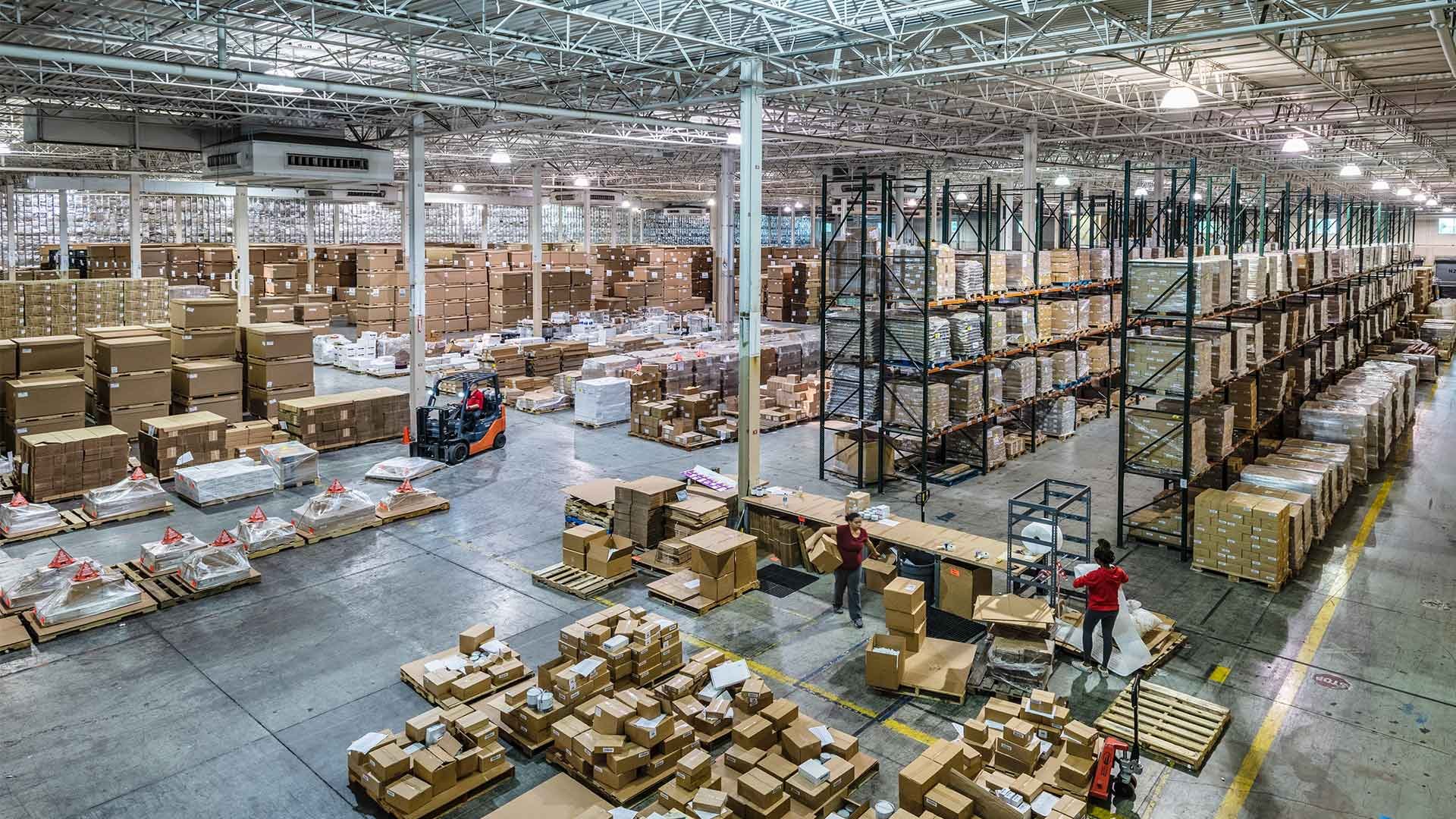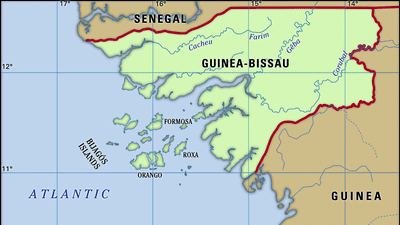
Product distribution companies in Georgia
Product distribution in Georgia has become a significant industry, driven by the country’s strategic position at the crossroads of Europe and Asia. Georgia’s distribution sector is characterized by a wide array of companies handling various products such as food and beverages, consumer goods, electronics, pharmaceuticals, and more. With a rapidly developing infrastructure and favorable business environment, distribution companies in Georgia play an essential role in connecting manufacturers with retail outlets and end-users both domestically and across neighboring regions.
Key Players in Georgia’s Distribution Market
Several well-established companies operate in Georgia’s distribution industry, each with unique strengths and specialties. Some of the prominent players include Trans Caucasus Terminals (TCT), which provides logistics and distribution services for both local and international clients, leveraging Georgia’s well-developed port facilities at Poti and Batumi. Logistics Solutions is another significant company, specializing in the distribution of goods across the Caucasus region. Companies like GCC Group and Beta Distribution are also widely recognized for handling fast-moving consumer goods (FMCG), household products, and food items for leading brands in Georgia.
In addition, Caucasus Logistics & Distribution is notable for handling high volumes of consumer goods, making them a trusted partner for multinational brands. Megaline is one of the largest logistics companies in Georgia and offers extensive distribution solutions, particularly for e-commerce and retail sectors. Pharmaceutical distribution is primarily handled by specialized firms like PSP Pharma and Aversi Pharma, both leaders in ensuring the safe and efficient supply of medical products throughout the country.
Georgia’s Strategic Position and Market Potential
Georgia’s location, connecting major markets in Asia and Europe, offers a distinct advantage to distribution companies. The East-West Highway and railway lines provide a corridor that enables companies to move goods effectively across borders. Furthermore, Georgia’s Deep and Comprehensive Free Trade Area (DCFTA) agreement with the European Union (EU) allows for more accessible market access, further enhancing the role of distribution companies in the country.
The Georgian government has also implemented reforms and incentives to attract international companies, encouraging the development of Free Industrial Zones (FIZ) in places like Poti, Kutaisi, and Tbilisi. These zones allow businesses to operate with tax exemptions and fewer regulations, thus promoting investment in logistics, warehousing, and distribution.
Challenges in Distribution
While Georgia’s distribution sector is promising, challenges do exist. The rugged terrain in some parts of the country and harsh winter conditions can complicate logistics, particularly in more remote areas. Additionally, companies face the challenge of infrastructure modernization to keep up with the demand for faster, more efficient delivery systems. However, these challenges are increasingly being addressed through new infrastructure projects funded by both the government and private investors.
Technology and Innovation in Distribution
The distribution sector in Georgia is increasingly adopting new technologies to streamline operations. Warehouse management systems (WMS), route optimization software, and digital inventory tracking are becoming standard among leading companies. The rise of e-commerce has also spurred demand for fast and reliable delivery services, with several companies now offering last-mile delivery solutions. Innovative approaches, such as digital payment systems and mobile-based order tracking, are also transforming the way products reach consumers in Georgia.
Conclusion
Georgia’s product distribution sector has demonstrated substantial growth, supported by both local companies and international investors who recognize the strategic value of Georgia’s location. Companies in this sector not only contribute to the domestic economy but also position Georgia as a crucial transit hub for goods moving between Europe, the Middle East, and Asia. With continued investment in infrastructure and technology, Georgia’s distribution industry is well-poised for further expansion, strengthening the country’s role as a bridge for trade across continents.




Leave a Reply